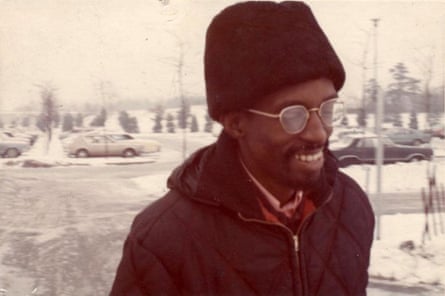'Freeing the truth' – Extinction Rebellion activists on their week of action
From blockading printers to meditating outside Barclays, the climate crisis campaign has drawn a variety of participants
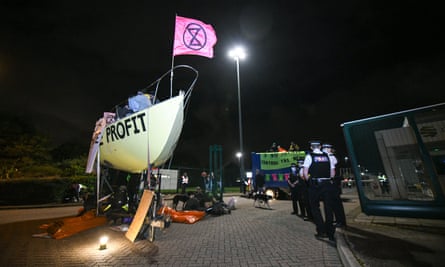
Thousands of Extinction Rebellion (XR) activists and supporters have been staging “die-ins”, preventing copies of newspapers from being distributed and meditating outside banks over the past week in a series of actions aimed at highlighting the worsening ecological crisis.
At printing plants in Merseyside and in Hertfordshire on Friday evening, many trucks carrying newspapers were unable to deliver to shops. The prime minister, Boris Johnson, accused XR of seeking to limit the public’s access to news amid suggestions that the environmental group could subsequently be treated like an organised crime group by the authorities.
Amanda, 23, a barista from Liverpool, was among those stopping newspapers owned by Rupert Murdoch from leaving Newsprinters’ Knowsley plant, and said she was motivated by frustration about how some of the media have reported on the environment.
“I’m increasingly realising some newspapers don’t report on the climate crisis accurately,” she said. “With some of the billionaire owners climate change sceptics, how can you expect what they write to really represent what is happening?”
For Amanda, who did not wish to give her surname, the action highlighted the importance of “freeing the truth” and showed how people can take direct action to significant effect.
“I joined XR about 18 months ago out of despair and helplessness in the face of the terrifying prospect of runaway climate change. I realised anything I was going to do in my personal life wasn’t going to cut it, the system is the greatest problem.”
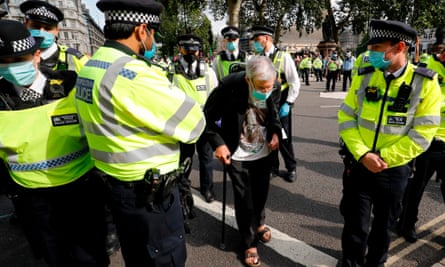
Hundreds of XR supporters have been arrested over the last seven days – believed to be significantly fewer than in previous “rebellions” – the oldest of whom was 92-year-old retired engineer John Lynes, from Hastings.
“I don’t enjoy being a nuisance,” he said following his second arrest after protesting with XR and refusing to cooperate with the police on Parliament Square in London. “But we’ve tried everything else, there’s no sense of urgency; they’re talking about 2050, but by then it will be a bit late to do anything.”
He said it was crucial to keep pressure on the government ahead of the UN climate change conference next year, which the UK is chairing. “It’s my generation that has caused all this and we have a responsibility which I can’t duck,” Lynes said.
“The government response to climate heating is pathetic, that’s why we’re protesting. They’re doing so little and nothing in proportion to what’s needed.”
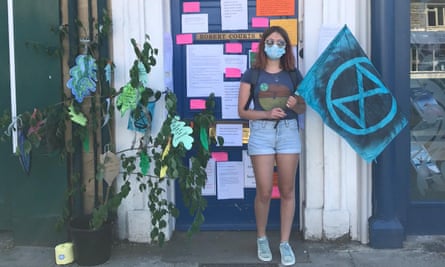
In Cardiff, 19-year-old Poppy Silk and her XR Youth comrades have been protesting to urge MPs to support the passage of the climate and ecological emergency bill, introduced to parliament by the Green party MP Caroline Lucas on Wednesday to reflect the urgency of the escalating climate emergency.
If passed into law, it would help ensure the UK has a comprehensive strategy to reduce greenhouse gas emissions, amid frustration over inaction.
“We see how the government has dragged its feet and reacted slowly to the coronavirus pandemic, and it’s the same with the climate,” said Silk, who also protested outside her local MP’s office in Witney, Oxfordshire, this week.
“Neither of my MPs from home or where I study have backed the bill yet. Climate heating is the biggest threat to humanity and we need to act now. We’d far rather be having fun than putting our civil liberties at risk.”
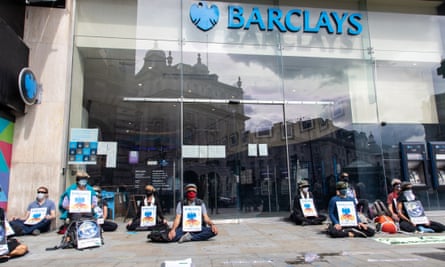
Back in London, Barclays bank – which lends money to fossil fuel companies – was the object of activists’ ire. Katja Behrendt, 35, a non-clinical NHS doctor, was part of an XR Buddhists demonstration outside one of its branches by Tottenham Court Road.
“Often we meditate as part of our protests,” she said. “It takes some getting used to but I’ve found these are the moments I feel really connected to my values.
“I find in activism sometimes it can be a bit ‘us and them’ and that people burn out so I was really happy to find other Buddhists interested within XR because it’s about how do we participate and protest and not further division.”
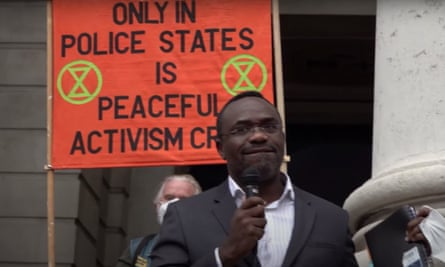
However, Chidi Oti-Obihara, a former banker and 2017 Green party parliamentary candidate in East Ham, who protested outside Downing Street and in the City of London last week – making a speech calling for ecocide to be made a crime – said promises had been made by the government and others that were not being fulfilled.
“It’s incredibly important to keep the issue of climate change firmly on the agenda because so much has been done to deal with one emergency without contextualising it properly in terms of another emergency,” he said, contrasting the government’s dual responses to the pandemic and the climate emergency.
“The government has dropped everything, ignored due process and thrown everything at Covid-19 without considering the longer-term environmental impact of such bailouts.”
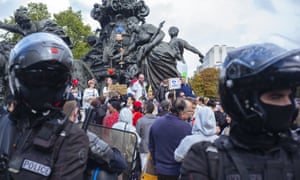
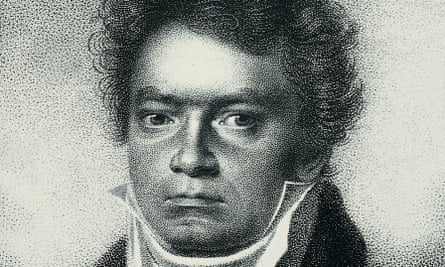
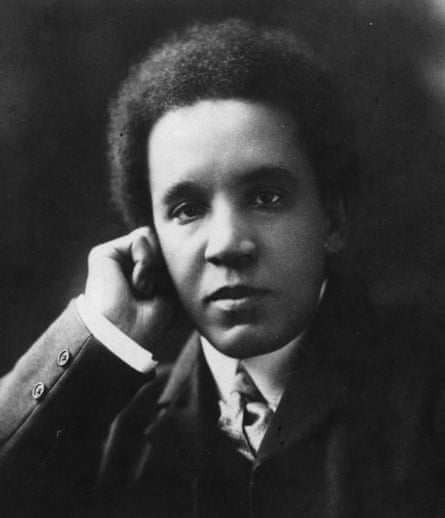
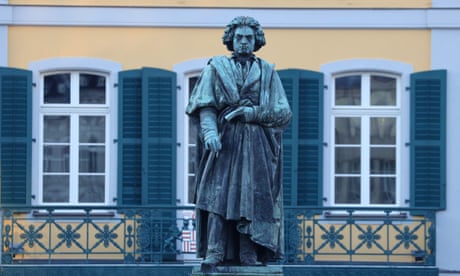
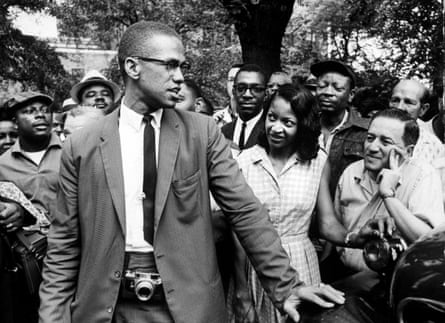 Malcolm X at a civil rights demonstration in 1963. Photograph: Bob Henriques/Time & Life Pictures/Getty Image
Malcolm X at a civil rights demonstration in 1963. Photograph: Bob Henriques/Time & Life Pictures/Getty Image